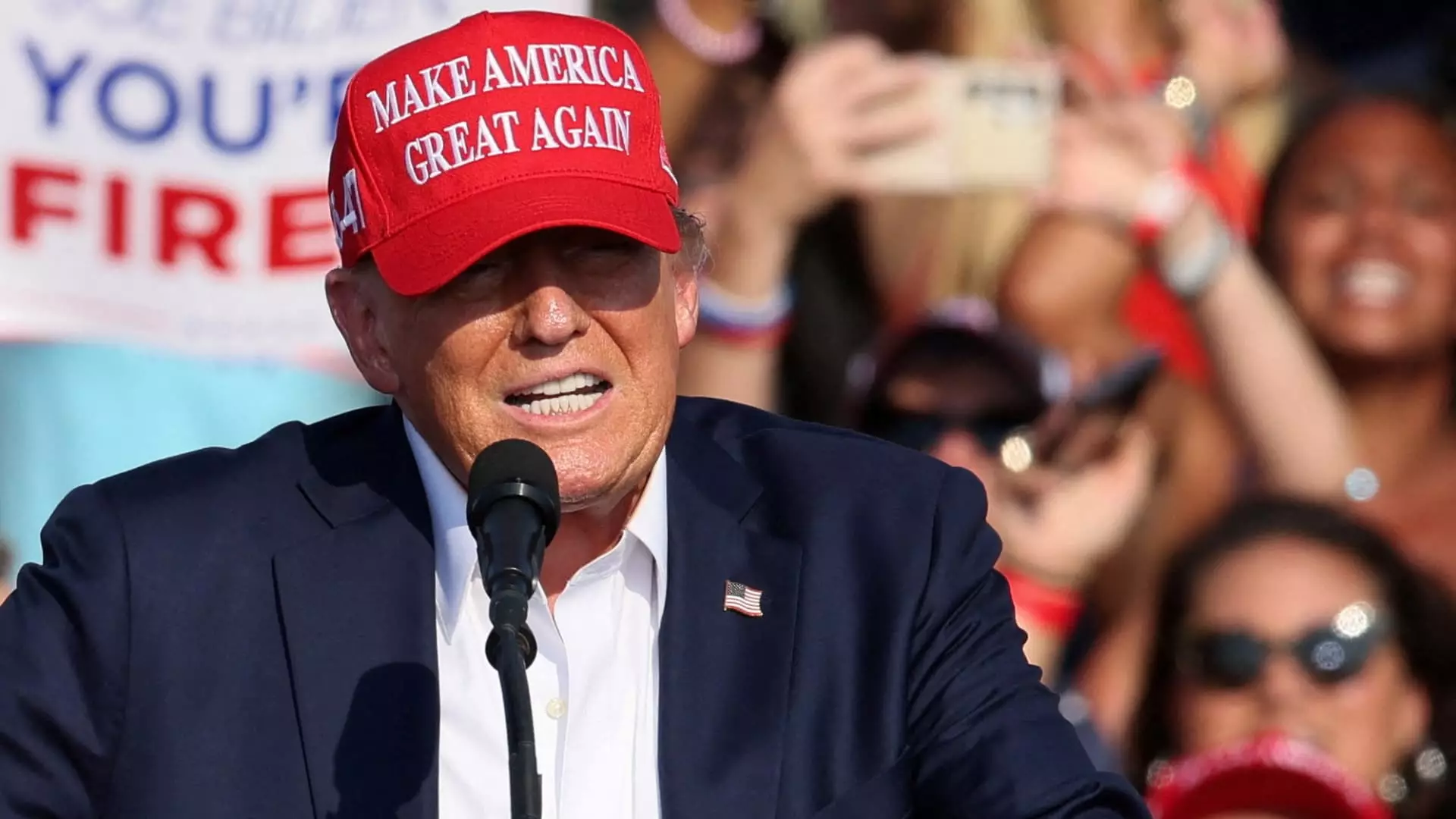Former U.S. President Donald Trump recently made controversial comments regarding Taiwan’s role in U.S. defense. He suggested that Taiwan should pay the U.S. for defense, arguing that the country “doesn’t give us anything.” This statement raises questions about the nature of international relations and the obligations countries have towards each other in times of need.
One of the justifications Trump provided for his stance on Taiwan was its semiconductor industry, which he implied has benefited significantly from the U.S. market. While it is true that Taiwan’s semiconductor sector is thriving and plays a crucial role in global supply chains, it is a stretch to suggest that this alone should determine the country’s defense obligations to the United States.
Taiwan is indeed a powerhouse in semiconductor manufacturing, with companies like TSMC leading the way in producing advanced chips for tech giants like Apple and Nvidia. However, it is important to recognize that Taiwan’s success in this industry is the result of its own innovation, investment, and expertise, rather than being solely reliant on the U.S. market.
The increasing concern over Taiwan’s vulnerability to a potential Chinese attack is a valid issue that deserves attention. The concentration of chip manufacturing in Taiwan poses a risk in the event of a military conflict, as highlighted by TSMC Chair Mark Liu’s remarks about the company’s factories becoming inoperable in such a scenario.
U.S. Efforts to Bring Chip Manufacturing Back
Under the Biden administration, efforts have been made to incentivize companies like TSMC and Samsung to expand their chip production facilities in the U.S. This move aims to reduce dependence on foreign manufacturers and strengthen domestic supply chains, thereby enhancing national security and economic resilience.
While it is essential to evaluate the potential risks associated with Taiwan’s semiconductor industry and its implications for defense, Trump’s suggestion that Taiwan should pay for U.S. defense raises complex issues of sovereignty, international relations, and mutual security agreements. It is crucial to approach these matters with a nuanced understanding of global dynamics and strategic partnerships, rather than oversimplifying them based on economic transactions.


Leave a Reply